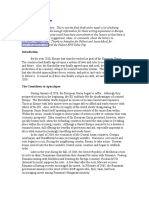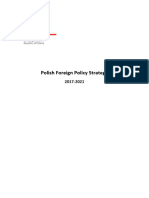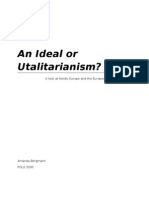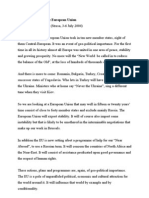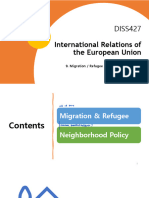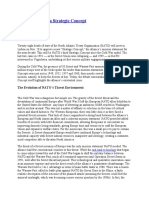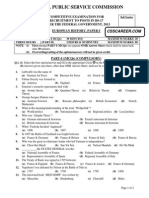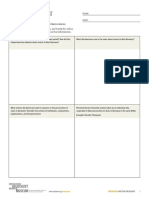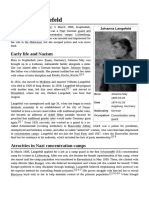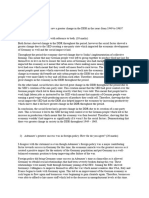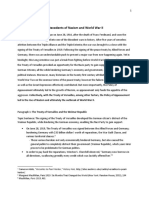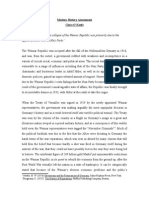0% found this document useful (0 votes)
25 views10 pagesKAFMUN’24: ECRA Overview
Mun study guide
Uploaded by
exkaltCopyright
© © All Rights Reserved
We take content rights seriously. If you suspect this is your content, claim it here.
Available Formats
Download as PDF, TXT or read online on Scribd
0% found this document useful (0 votes)
25 views10 pagesKAFMUN’24: ECRA Overview
Mun study guide
Uploaded by
exkaltCopyright
© © All Rights Reserved
We take content rights seriously. If you suspect this is your content, claim it here.
Available Formats
Download as PDF, TXT or read online on Scribd
/ 10












